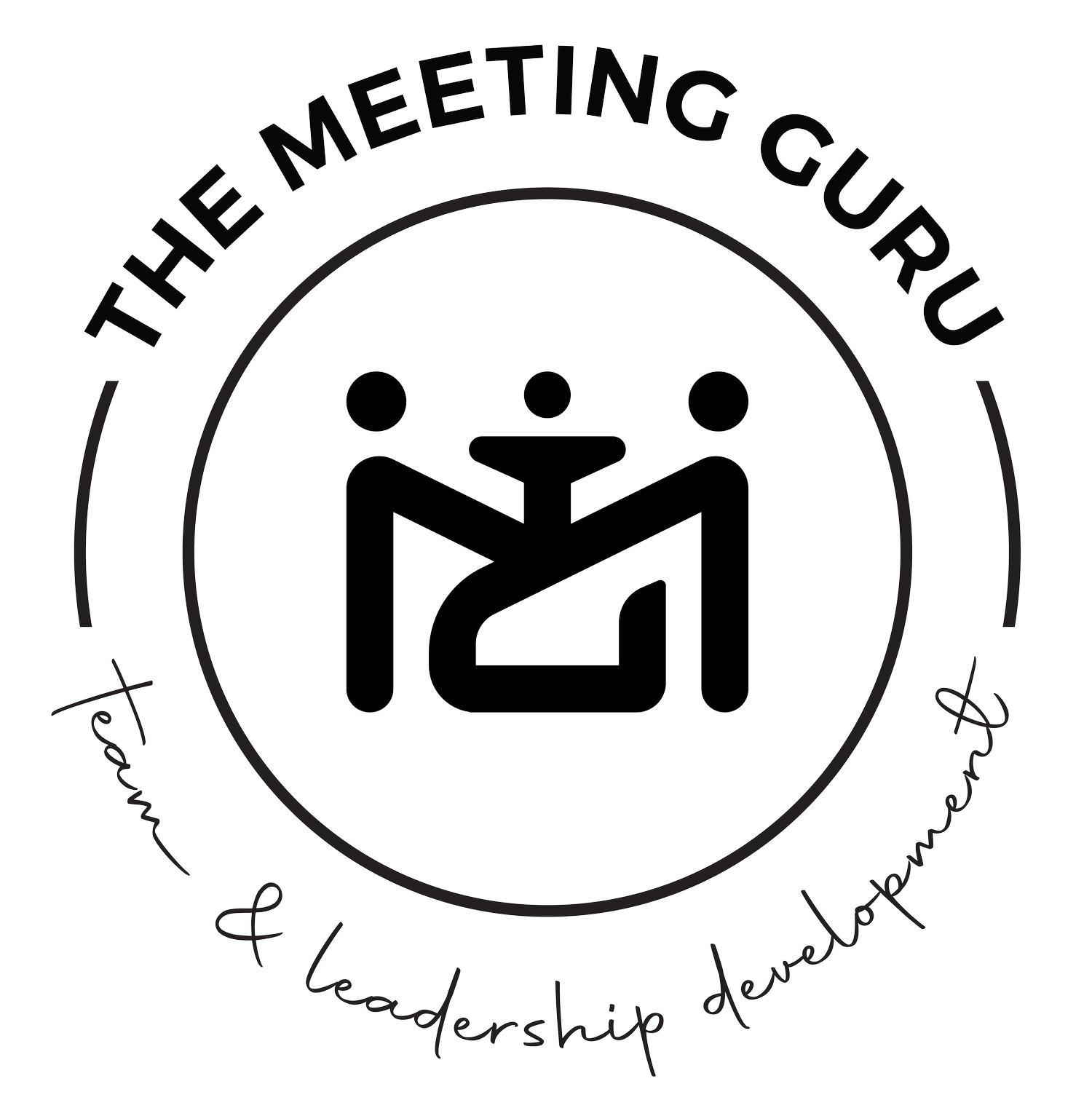Let's Get Engaged!
Engagement is the hot new buzzword and organizational riddle. How do we engage our employees as well as other stakeholders? Frequently, we see the engagement conundrum in the context of Millennials. With much of my consulting work focused on helping organizations engage constituents and stakeholders, I find that the nexus between engagement and 21st Century organizations overwhelmingly overlap.
Why Strategic Planning Needs a New Strategy
The “Five Year Strategic Plan” is obsolete, thanks to the frenetic pace of change that demands unprecedented organizational spontaneity and flexibility to stay ahead of the game.
As a consultant who supports organizations in developing and implementing their strategic plans, I work with different planning methods given the adaptive nature of organizations and issues they work to solve.
We Need More of This!
Are You Ready for Some Creative Reuse?
“The world is too complex and interdependent and rapidly changing for us to be able to reason through everything that is going on. We can no longer rely only on making sense of the whole of what is going on: we also have to sense it. This requires us to access a deeper, non-rational, more ancient kind of knowing." - Adam Kahane
Wait, What is Trending?!
I increasingly find our detachment from one another, from the present moment, from our ability to focus on our surroundings frightening. We are all very busy thanks to the hyper-connectivity we enjoy, but are we deeply happy? I am led to believe that all these great devices distractions are making us less connected not only to one another, but even more distressing, to ourselves. We are moving in the wrong direction, away from compassion, happiness, from human-to-human connection. These are traits that humans are uniquely suited to exploit. Furthermore, these are traits that our world desperately needs right now.
Thank goodness we have choices.
Are you asking the right questions?
Einstein said, “Problems cannot be solved with the same mindset that created them.” In other words, to solve our problems we need new questions, big questions, small questions - different questions. As our nation debates, once again, the best way to stem gun violence, reduce bipartisanship, improve immigration policies, protect women’s rights, and much more, we seem to be stuck, again, asking the wrong questions and coming up with lame solutions. What is made possible when we ask the right questions?
A Conversation on Materializing Knowledge Transfer
The Era of Human Centered Design
Debunking the Myth of Generational Gaps
Are you as sick of these generational stereotypes we have been reading ad nausea over the past decade as I am? What more do we need to know about Boomers retiring, and not retiring? Are there really any other Millennial engagement or retention strategies to be discussed?
Thinking Outside The Generational Box
4 Steps to Attract, Retain and Develop Millennials
Learning, Continued
How to Get Diverse Thinking From Your Homogeneous Group
Consensus is supposedly a good thing. But, sometimes, for those running meetings, it’s helpful to have diverse perspectives in order to create the best solutions. Consensus should only be a goal after a variety of diverse ideas are explored.
The problem is that some fields are filled with people who share similar thinking styles.
Got Away?
May was a month to be reckoned with. In that blink of a month my Grandfather died, I graduated with my Master’s, my business began gaining momentum and life’s pace reached a new velocity. I found myself needed to unplug, so my dear friend and I scheduled a two week adventure to find solitude, beauty and adventure. As a “culture-vulture” I have spent most of my vacation time traveling abroad, so this time around I chose to stay “local” and enjoy the beauty that the USA has to offer in and around her national parks.
Get the most from your Millennial workforce
Much has been written about the challenges my generation, millennials (ages 20–34), pose to organizations. Some say we have, what my elementary school principal dubbed, “inflated self-worth.” Some say we feel entitled. Some say we have the attention span of a fly. Regardless of the validity of these viewpoints, one thing is certain: Very soon we will be in leadership positions. Organizations need millennials to step up to the challenge, and millennials need organizations to engage them.
Debunking the Millennial Myth
The Baby Boomers are retiring, and will continue to retire en mass for the next 15 years, so organizations are beginning to invest in Knowledge Transfer Initiatives. These initiatives are helping organizations maintain a continuity of service while helping the younger members of these organizations develop their institutional knowledge. Many of these initiatives are focusing on transferring the retiring Boomers’ knowledge to Generation X and Generation Y, the Millennials. Oddly, one of the most widely accepted generational stereotypes of Millennials is their transient approach to their careers. This being the case, organizations are also heavily investing in curbing this trend by trying to find ways to engage Millennials in their work. Given Millennials’ transient nature and Boomers’ rising retiring rates, organizations are smart to be investing in retaining both their human capital and their organizational knowledge. But do these two initiatives have to live in isolation?
























